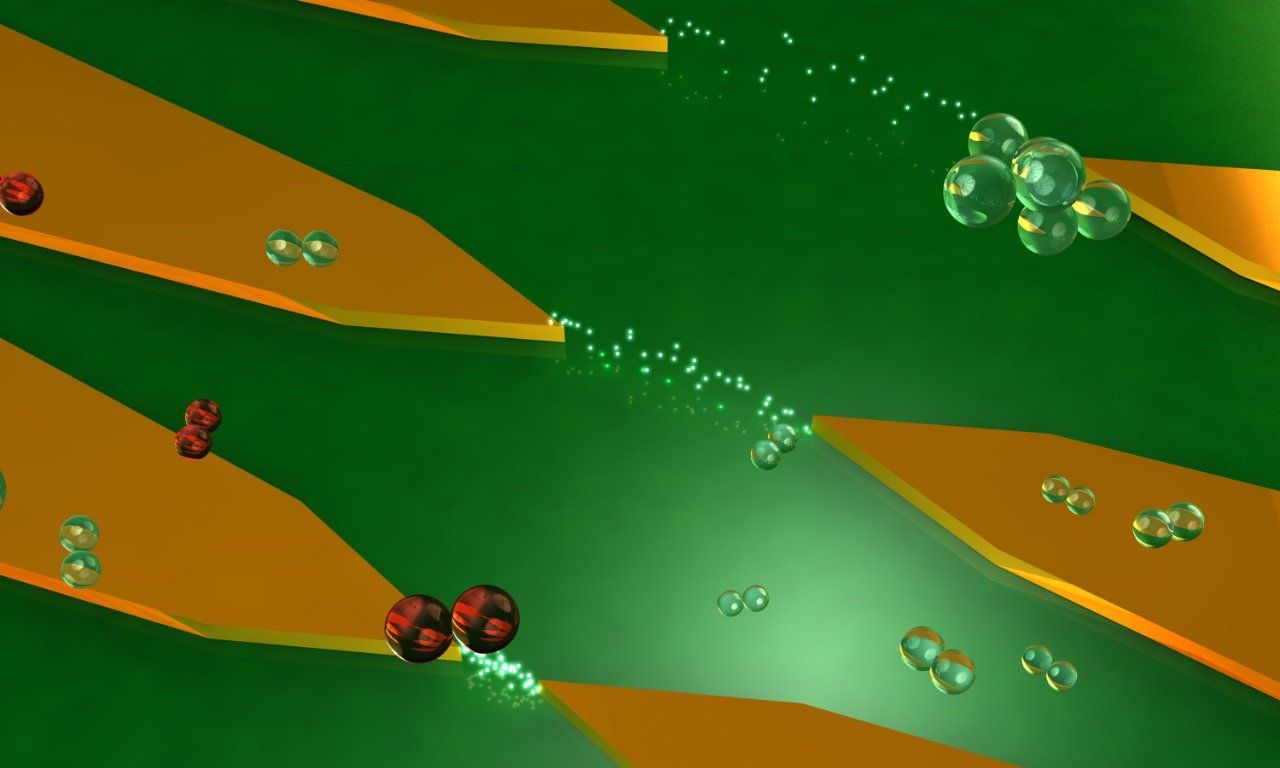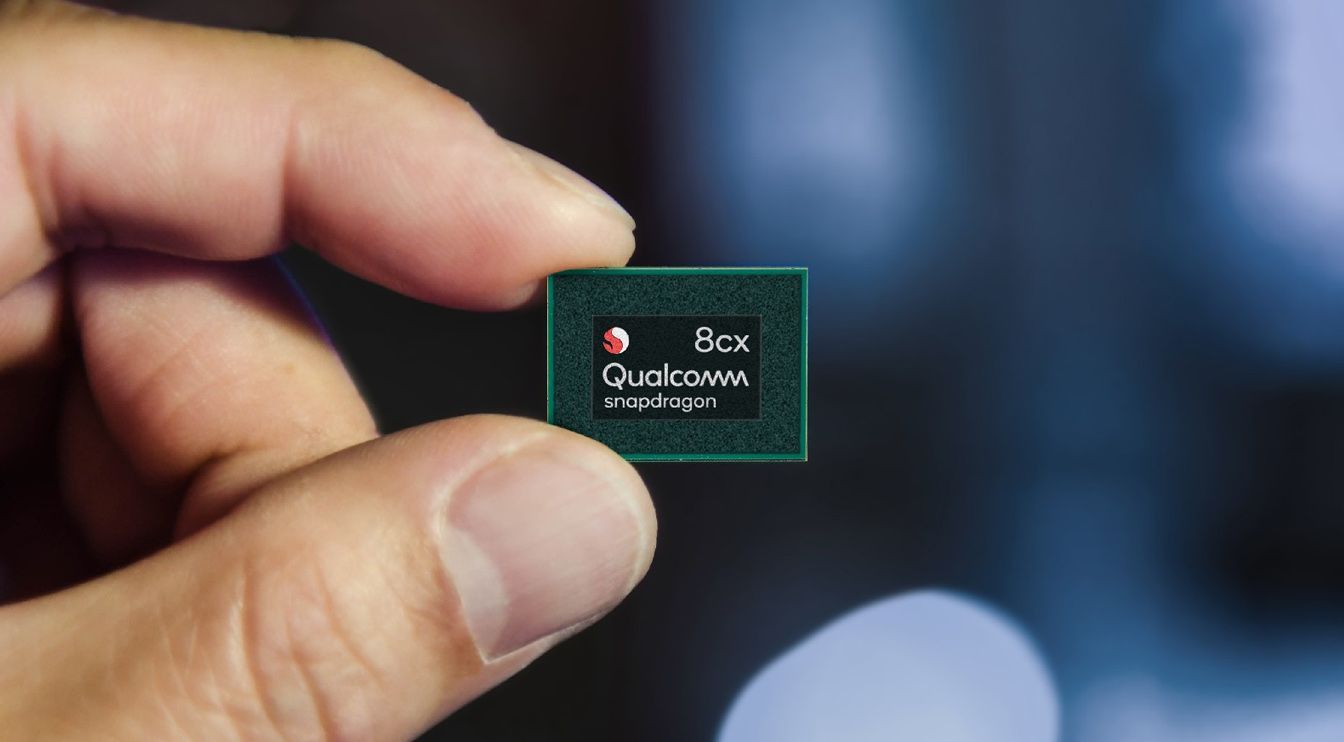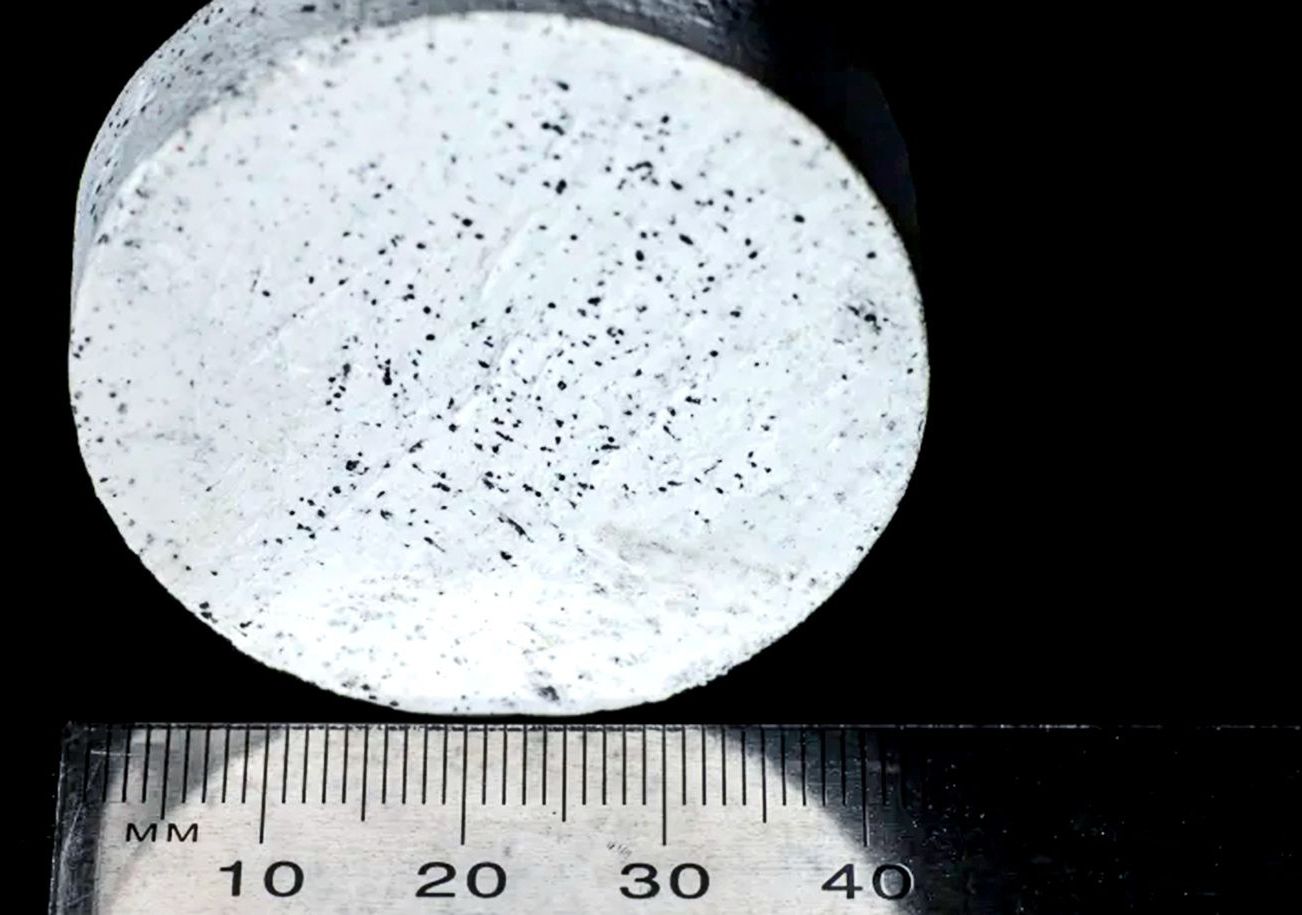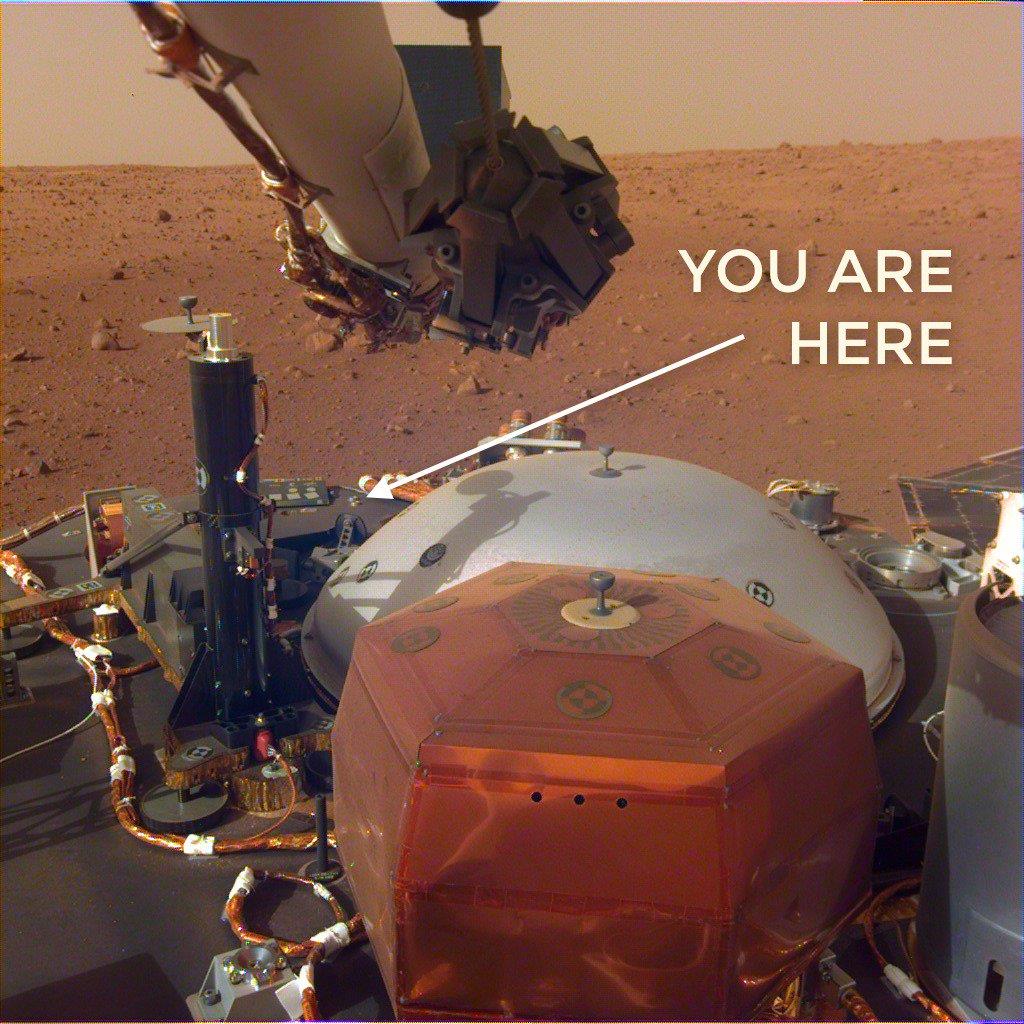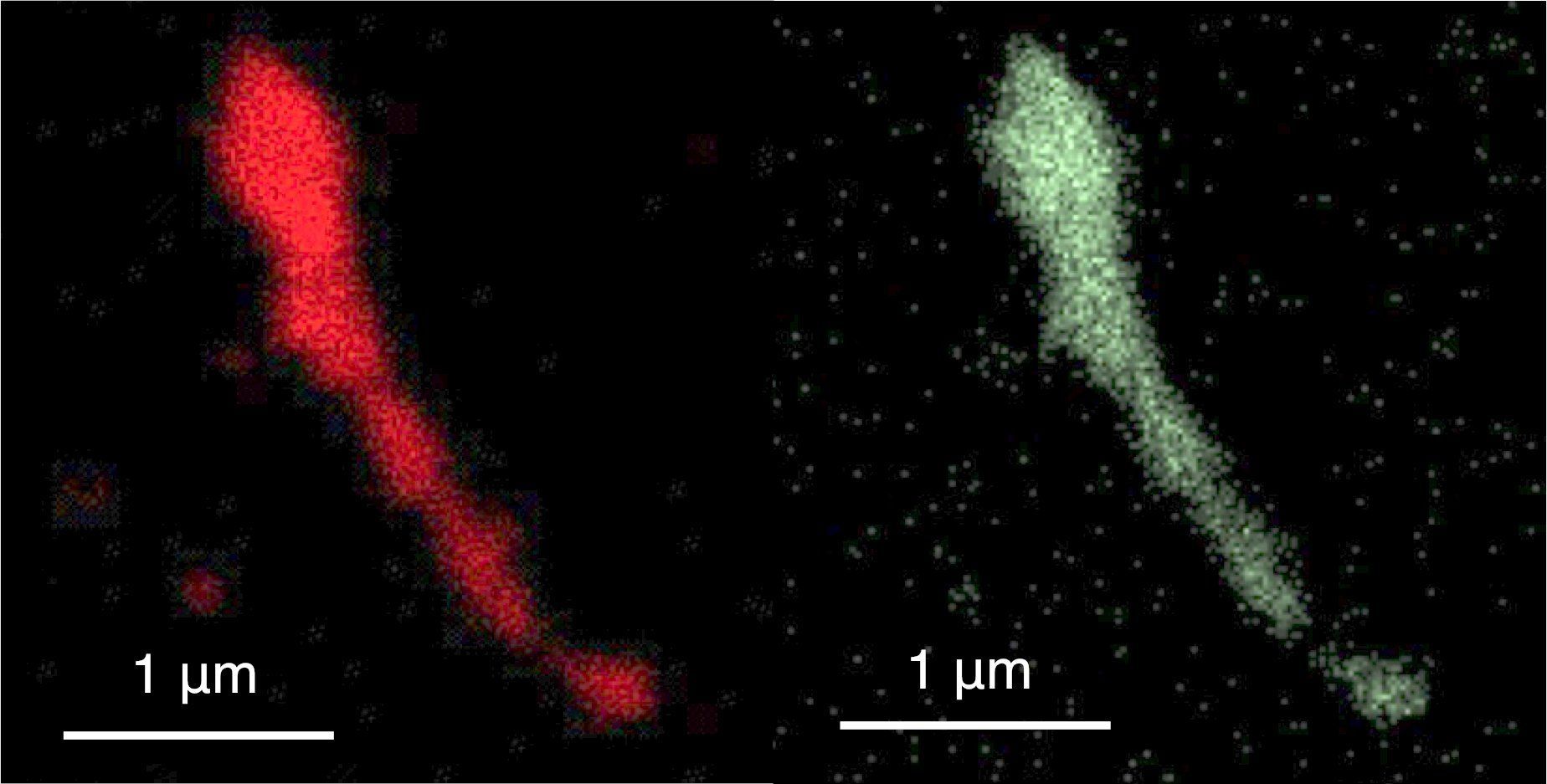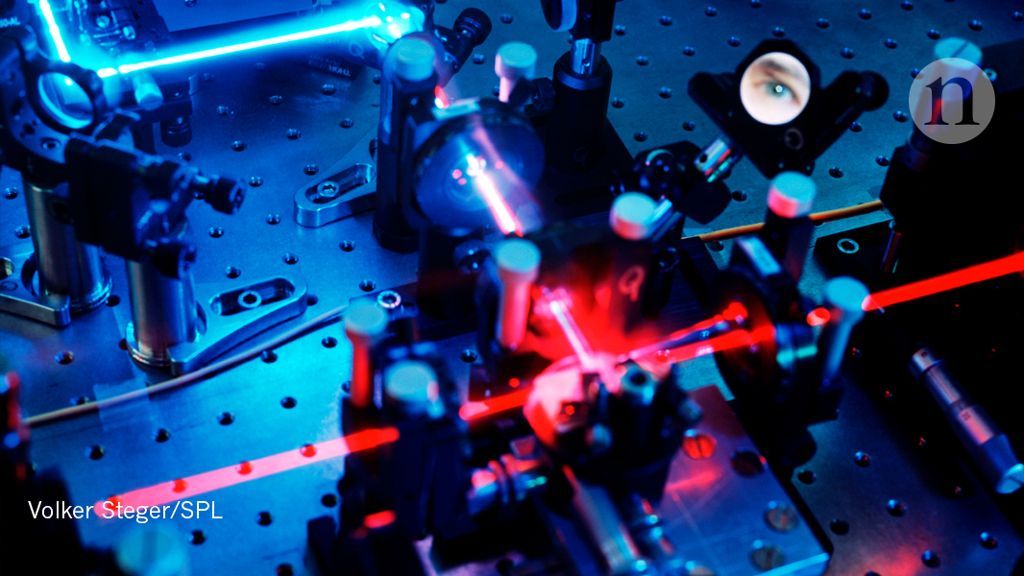Dec 10, 2018
The Future of Tech Will Change Everything From Food to Healthcare
Posted by Genevieve Klien in categories: biological, computing, food
Advancement in technology will continue to impact the way we work, eat, and even take care of ourselves. A new report from Scientific American takes a look at some of the top emerging technologies that range from the field of biology to computer science. The publication’s chief science editor Seth Fletcher talked to Cheddar about what’s next when it comes to tech.
WATCH NEXT
Continue reading “The Future of Tech Will Change Everything From Food to Healthcare” »


